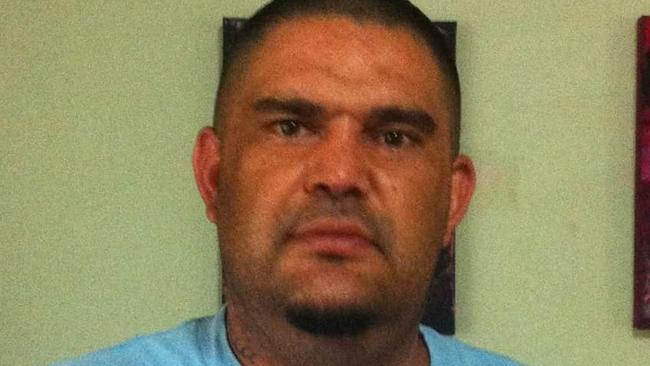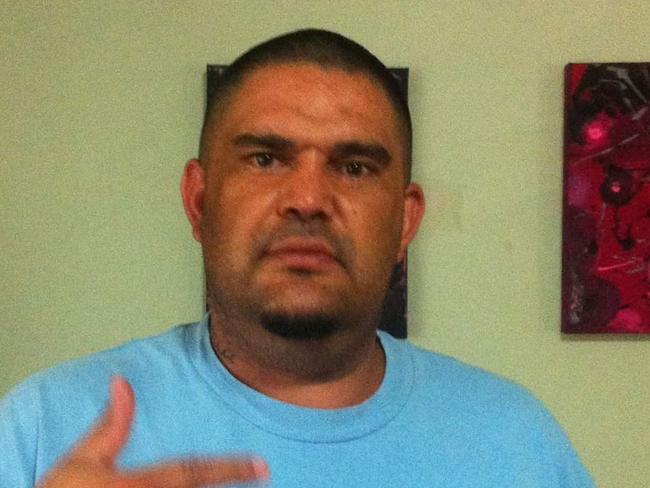How citizen’s arrest led to murder charge
HOW can someone defending their own home end up charged with murder? This is how a citizen’s arrest turned fatal.

National
Don't miss out on the headlines from National. Followed categories will be added to My News.
THE case against the Newcastle man facing a murder charge after an altercation with a would-be thief will hinge on what happened during the struggle outside the home, a senior lawyer says.
Ben Batterham, 33, has been charged with murdering Ricky Slater-Dickson after an incident outside Batterham’s home in the suburb of Hamilton early Saturday morning.
It’s believed Batterham disturbed Mr Slater-Dickson peering through his baby daughter’s bedroom window, although other reports suggest he was inside the home.
Mr Slater-Dickson, a father-of-three, died just over 24 hours later when his life support was switched off in hospital.
Batterham was originally charged with recklessly inflicting grievous bodily harm but the charge was upgraded to murder when Mr Slater-Dickson died.
It’s understood he was allegedly tackled and placed in a headlock during the struggle before police arrived. A 32-year-old friend of Batterham’s was also involved.
Batterham didn’t appear before a magistrate in court today and bail was formally refused. His case returns to court tomorrow.
His devastated family believe he was trying to go to a party that had been held at the address.
So, how does someone protecting their own home end up charged with murder?

Legal expert Sam Macedone told news.com.au a person was “entitled” to defend themselves if an intruder entered their home and the resident believed they were under threat.
“We don’t know the facts of this matter. All we know is there is a complex set of circumstances that happened, but none of us know what they were,” Mr Macedone said.
“You are entitled to defend yourself and members of your family if some intruder comes into your house.
“If you defend yourself in away that you believe is necessary, that’s fine — providing what you do is a reasonable response as you perceive it.”
Mr Macedone said it depended largely on what the person was thinking. The danger was if the police believed the homeowner went “overboard”, it was no longer self-defence but a criminal act.
“You have to stop when the threat abates,” Mr Macedone said.
In most instances, if it turned out your conduct wasn’t reasonable, a manslaughter charge is possible. Manslaughter usually applies if the attacker did not intended to cause the person to die.
But there is a catch — if police believe there is a “reckless indifference to grievous bodily harm”, a murder charge is still possible.
Ultimately, it is for a jury to decide.
“It will be the people who decide if he’s guilty or not,” Mr Macedone said. “Twelve ordinary people.
“You might think it serves [the victim] right, he shouldn’t have broken into man’s house … it’s his castle, that’s sacrosanct, you can’t go doing that.”
andrew.koubaridis@news.com.au
Originally published as How citizen’s arrest led to murder charge



